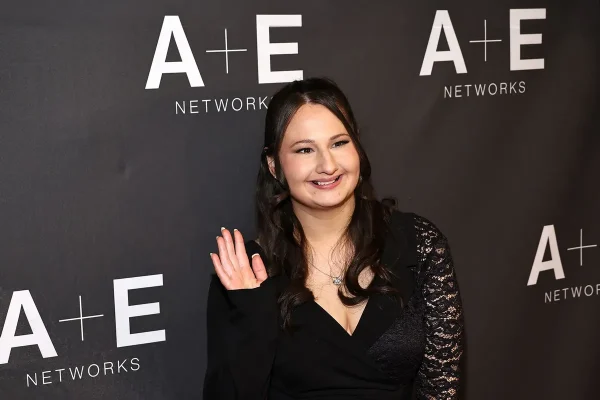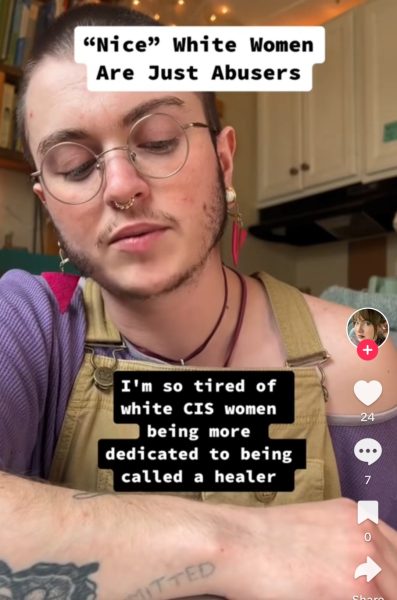I would love to hear “I love you” just a little more
Blair and Chuck from Gossip Girl sit together
If you have ever watched the show Gossip Girl, you would understand the emphasis that co-main character Blair Waldorf puts on one simple expression: “I love you.”
“Three words, eight letters, say it, and I’m yours” is a famous line from the show. To preface this example as simplistically as possible, I offer this. Basically, Blair is in love with this man, Chuck, but can’t commit herself to him until he tells her that he loves her. Chuck—who is emotionally unavailable at the time—struggles to voice his feelings.
To me, love encompasses many things. Love is what I feel when I come home from school and my dog showers me with affection. Love is how I feel towards each of my family members. Love is my friends, for I’m always smiling with them. Love is how I haven’t yet but hope to feel towards a partner someday.
I find us simplifying the term to just my last example much too frequently.
Recently, the term platonic has introduced itself to me. It means “not in an intimate or sexual way.”
I wish we didn’t overlook this type of love so often. I am constantly hearing in movies and books things such as “searching for love,” when, as amazing as romantic love is I’m sure, these characters are regularly surrounded by love already. I will always wish for platonic love first.
However, no matter the context or the situation, “I love you” never seems to put a damper on my day.
Human brains have recently been introduced to language if you look at the big picture timeline for neurological development. When using positive words or images, “I love you,” for example, the brain can release oxytocin, also known as the love drug (“How Words Affect Our Brains”).
To break down oxytocin, it is used by the body in many ways. Oxytocin attaches itself to warm and happy feelings. Some level of dissipation of stress as well as security are also associated with the chemical.
No, I don’t hope to encourage faking, forcing, or rushing love, but if the feeling is present, romantic or not, voicing the feeling can please the brain.
I think sometimes the emphasis we place on these is funny, in Blair’s words, three words and eight letters. Understanding it is different romantically, I wish to normalize telling people I love them more, for in actuality, I love plenty of people I have never voiced it to. When refraining from saying as such to avoid awkwardness, the brain is being restricted from a range of emotions.
My wish is that we can break down this inconvenient stigma surrounding the words because I would love to be told how loved I am just once more a day.
Love is in no way clean or straightforward. It reaches a wide spectrum of definitions and emotions, but for those of us lucky enough, it is present and should be portrayed as such.

Gigi is beginning her second year of writing for The Central Trend as a junior this year, and she is starting to fear she will run out of things to say....


























































































